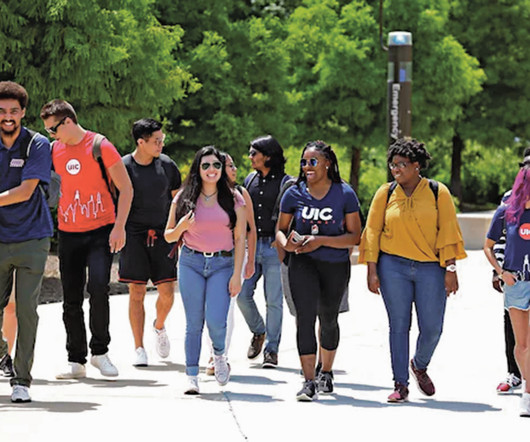2023 Seal of Excelencia
Diverse: Issues in Higher Education
OCTOBER 9, 2023
Financial aid, retention, and faculty/staff representation are part of the Seal,” says Dr. Deborah Santiago, co-founder and CEO of Excelencia in Education, who says she is delighted to see institutions with intentional practices actively working toward increasing Latino representation in key positions. Hawkins Jr. Hawkins, Jr.











Let's personalize your content